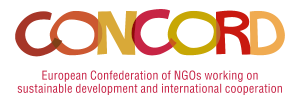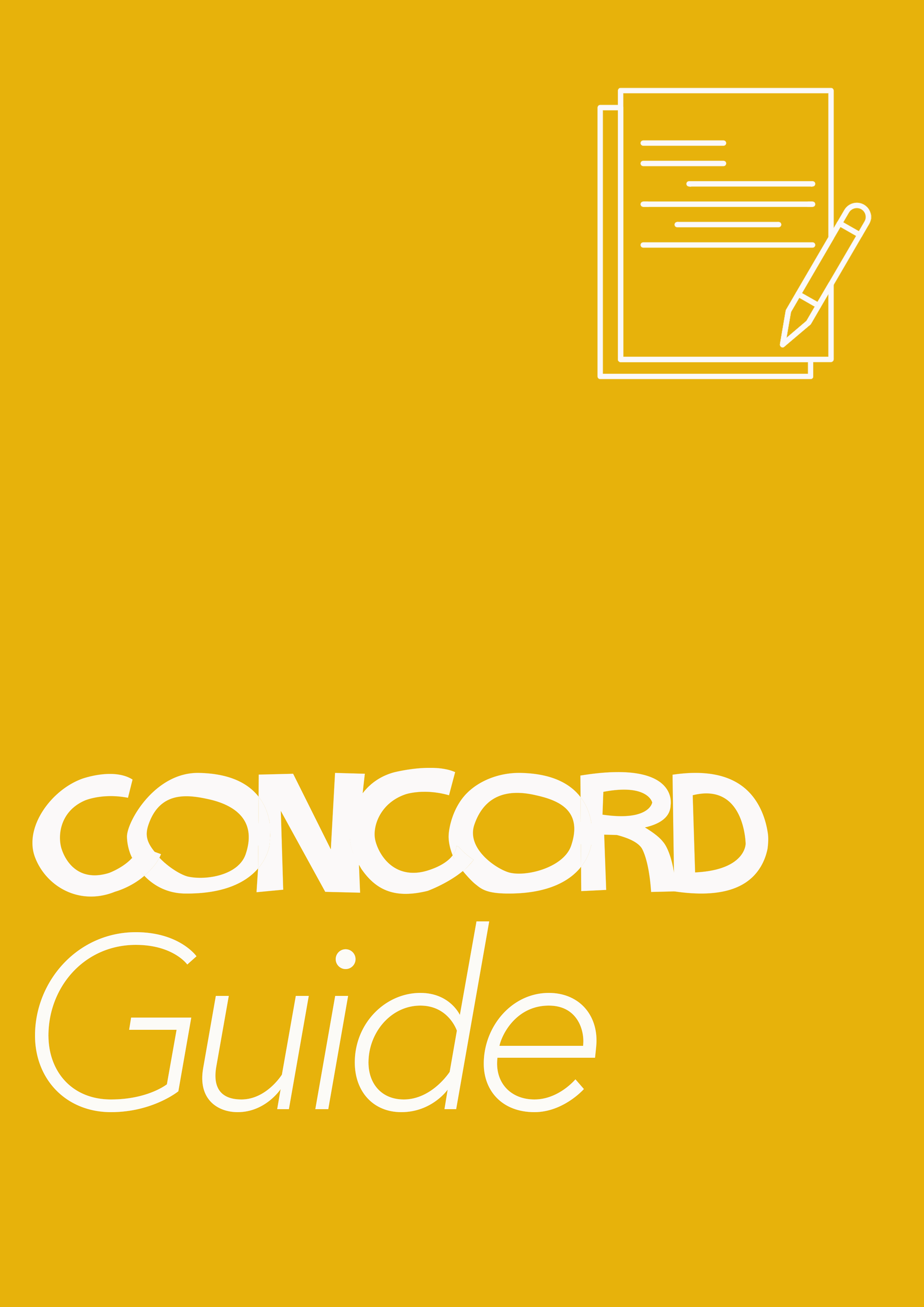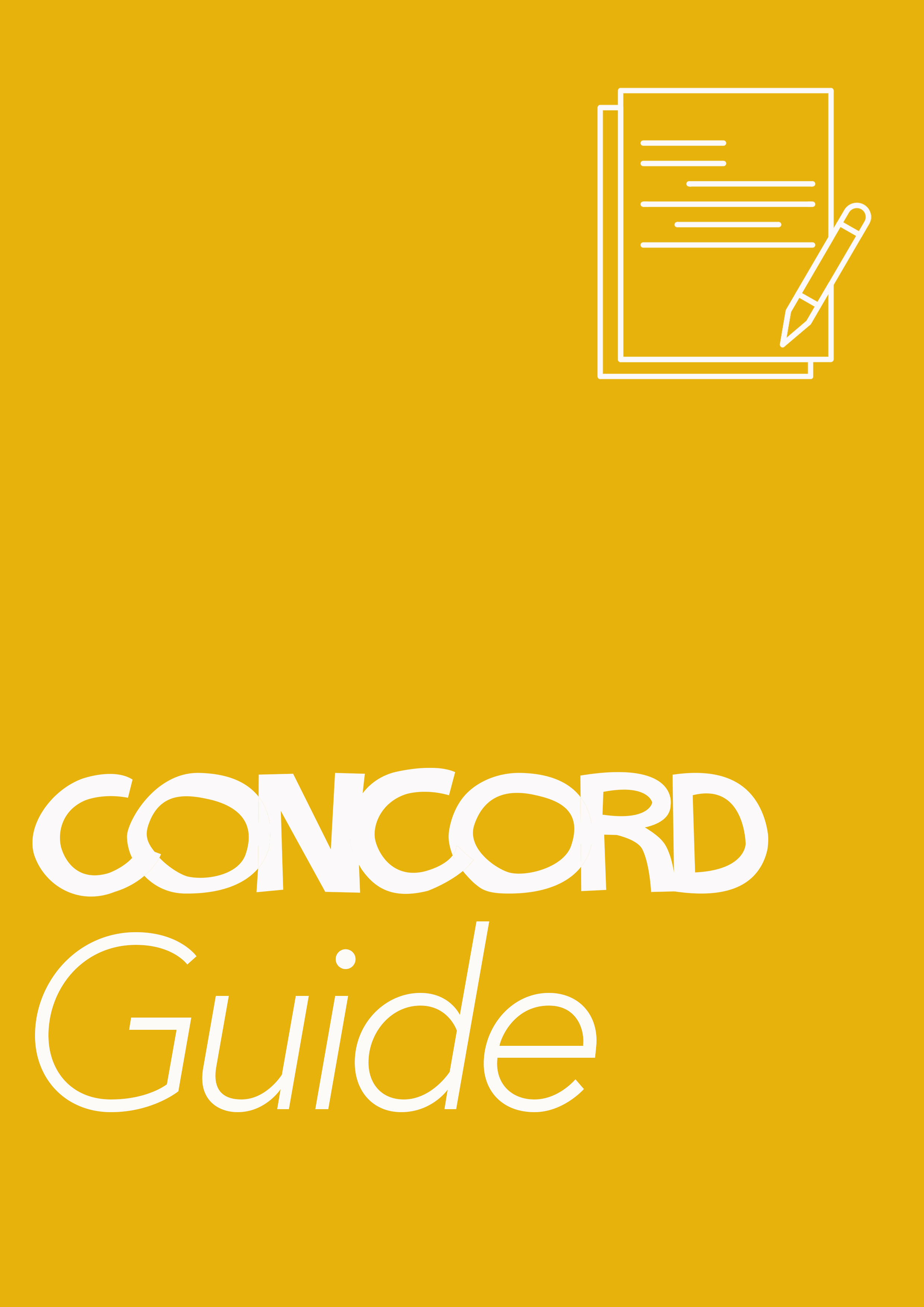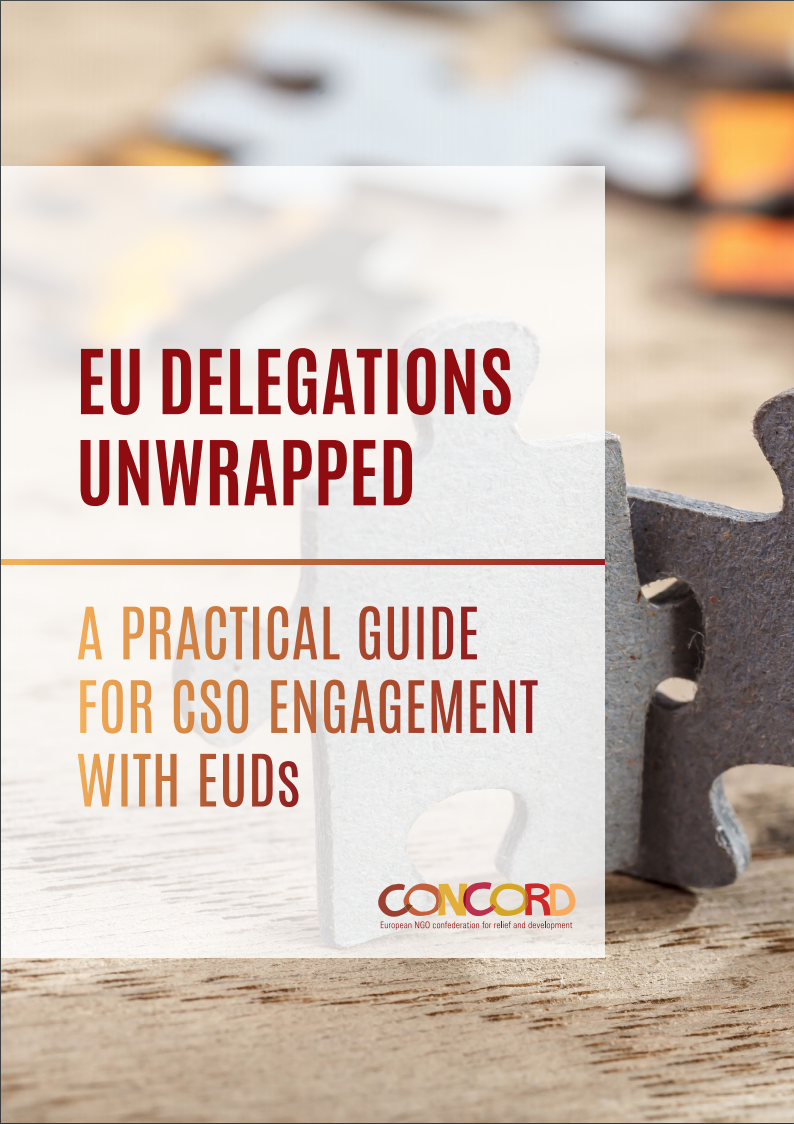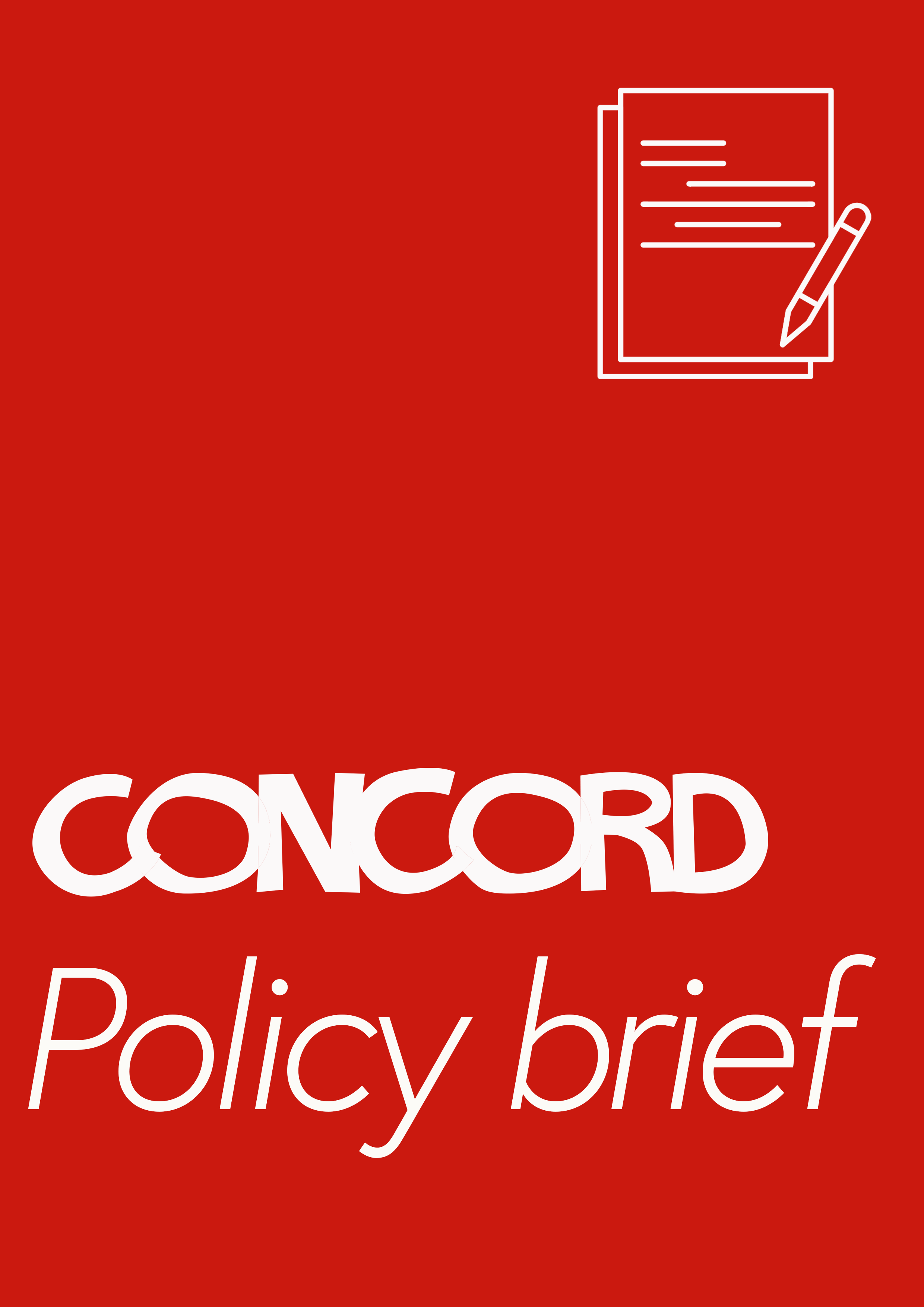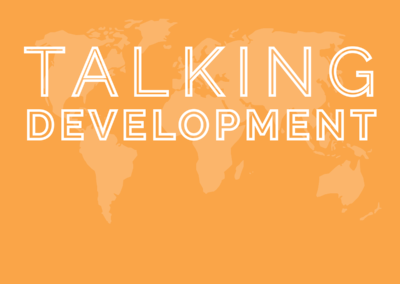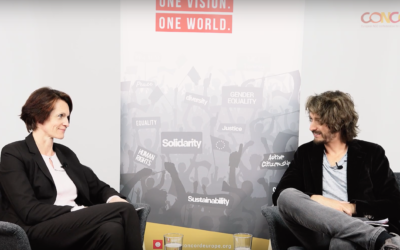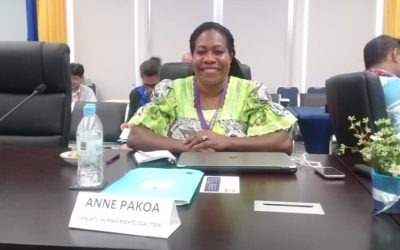Civil society
power
What’s the issue?
Civil society is a key agent of change. Civil society organisations amplify the voices of people, defending their human rights and demanding that people’s concerns be addressed. Civil society also holds governments, public institutions and the private sector to account for their commitments.
However, civil society space is shrinking around the world, and Europe is no exception. Only 4% of the global population live in countries in which fundamental freedoms are fully respected.
The restrictions of civic space and the limitations imposed on the work of civil society come in many different forms, ranging from legislative measures to funding restrictions to harassment to exclusion from decision-making processes. At the root of this are attempts by leaders to concentrate power and evade accountability to people.
If civil society is challenged, so are democracy, equality, social cohesion, non-discrimination, transparency and accountability, and inclusive and sustainable development.
Change we want to see
civil society space
Enabled civic spaces and support to human rights defenders with diverse civil society actors, working in a democratic, open and safe environment, supported by governments and other institutions.
structured dialogue
Meaningful consultation with a diverse range of civil society actors, especially at the local level and mechanisms for inclusion and genuine participation.
access to funding
Adequate, flexible and predictable funding that respects the diversity of the sector and facilitates local, grassroots organisations’ engagement.

What is CONCORD doing about it?
CONCORD concentrates on strengthening the power of, and space for, civil society in each of the core and cross-cutting priorities. We pay special attention to civil society voices from partner countries as we will bring their voices to the forefront and promote their involvement in European debates.
We aim to improve the environment for civil society around the world, strengthening our rights to freedom of speech, association and assembly. These rights must be respected and reflected in values, norms and attitudes in society, in legal frameworks, in the regulatory environment, in access to funding and in meaningful participation in decision-making.
We work in many different fora, including in international coalitions such as the Global Partnership for Effective Development Cooperation and the EU Policy Forum for Development.
7 practices for civil society participation in EU decision-making
Over the years, CONCORD together with its civil society partners around the world has produced a number of concrete inputs on civil society participation in EU international partnerships and external action decision-making.
On several occasions, we have assessed what works and what does not in existing dialogue mechanisms and we have shared good practices and recommendations to improve participation opportunities.
This document gathers the key messages of these previous efforts into 7 best practices, in order to define what meaningfulness entails in action and to continue our dialogue with the EU.
It seeks to encourage not only a shift to action towards meaningful, inclusive and safe civil society engagement, but a shift of approach towards cooperation and co-creation with civil society in all its diversity, recognising the value of partnering and engaging with civil society at all levels and across all institutions.
Latest resources
No Results Found
There is no campaigns available at the moment
No Results Found
There is no eu processes available at the moment
No Results Found
There is no projects available at the moment
Latest news
EU Delegations unwrapped: A practical guide for Civil Society Organisations
Engaging with EU Delegations is crucial for Civil Society Organisations. CONCORD’s handbook helps CSOs foster effective cooperation with EU Delegations!
Talking Development Ep.1 (with Tanya Cox) – Beyond growth: an economic system that works for everyone
What is at stake during May’s European Parliament Elections? In this first episode of Talking Development, CONCORD’s Director Tanya Cox urges us to vote for politicians who will rethink our economic system to serve all people and the planet.
Talking with Vanuatu Human Rights Coalition’s Anne Pakoa: “A voice stronger than ever”
Anne Pakoa, a vocal figure in Vanuatu’s civil society, exchanges views with CONCORD on the Pacific’s most pressing issues for future EU-ACP relations.
Get in touch with us
Want to get engaged? Need more information? Contact our policy expert!
